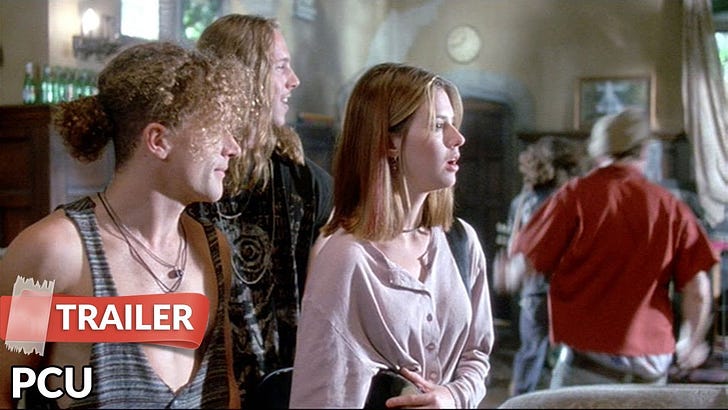Has “Woke” Become Politically Incorrect?
Plus reasons for pessimism and photos from the NYC sneak peak of “The Coddling” Movie!
Keep reading with a 7-day free trial
Subscribe to Shiny Herd to keep reading this post and get 7 days of free access to the full post archives.




